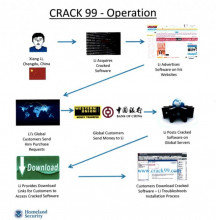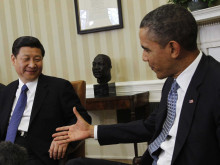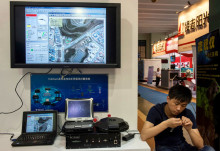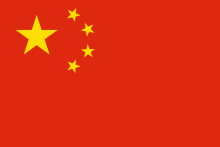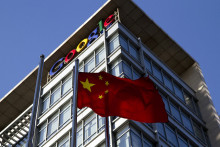Edward Snowden: US government has been hacking Hong Kong and China for years
US whistle-blower Edward Snowden yesterday emerged from hiding in Hong Kong and revealed to the South China Morning Post that he will stay in the city to fight likely attempts by his government to have him extradited for leaking state secrets.
In an exclusive interview carried out from a secret location in the city, the former Central Intelligence Agency analyst also made explosive claims that the US government had been hacking into computers in Hong Kong and on the mainland for years.















































